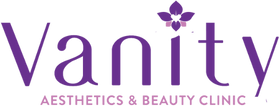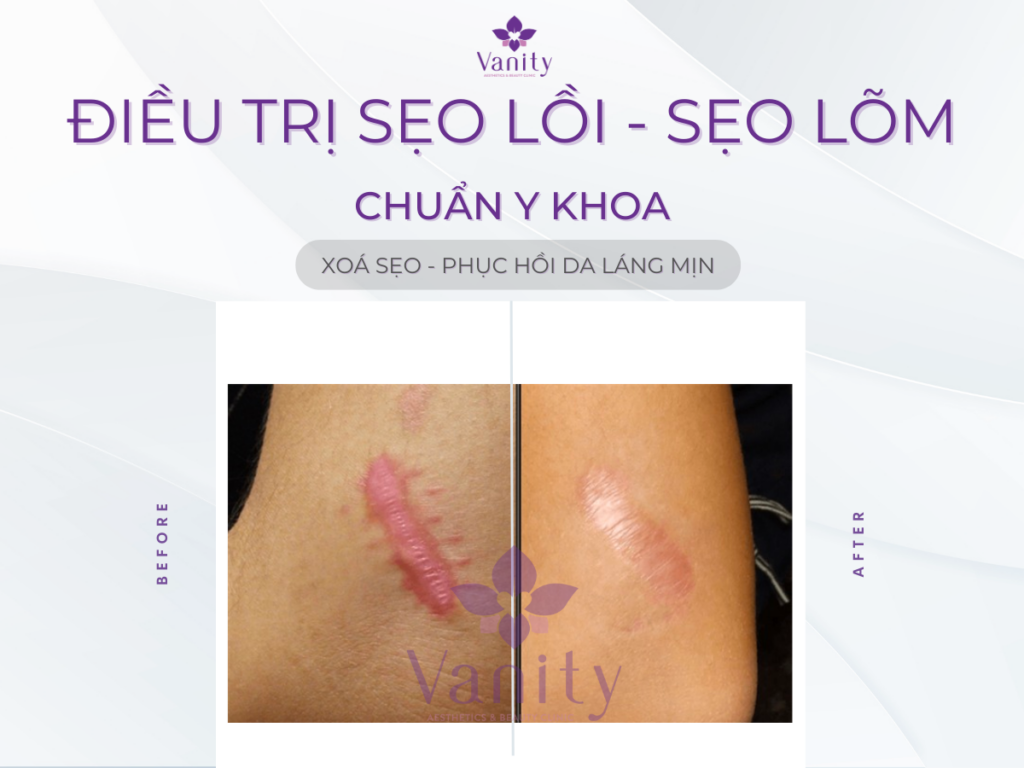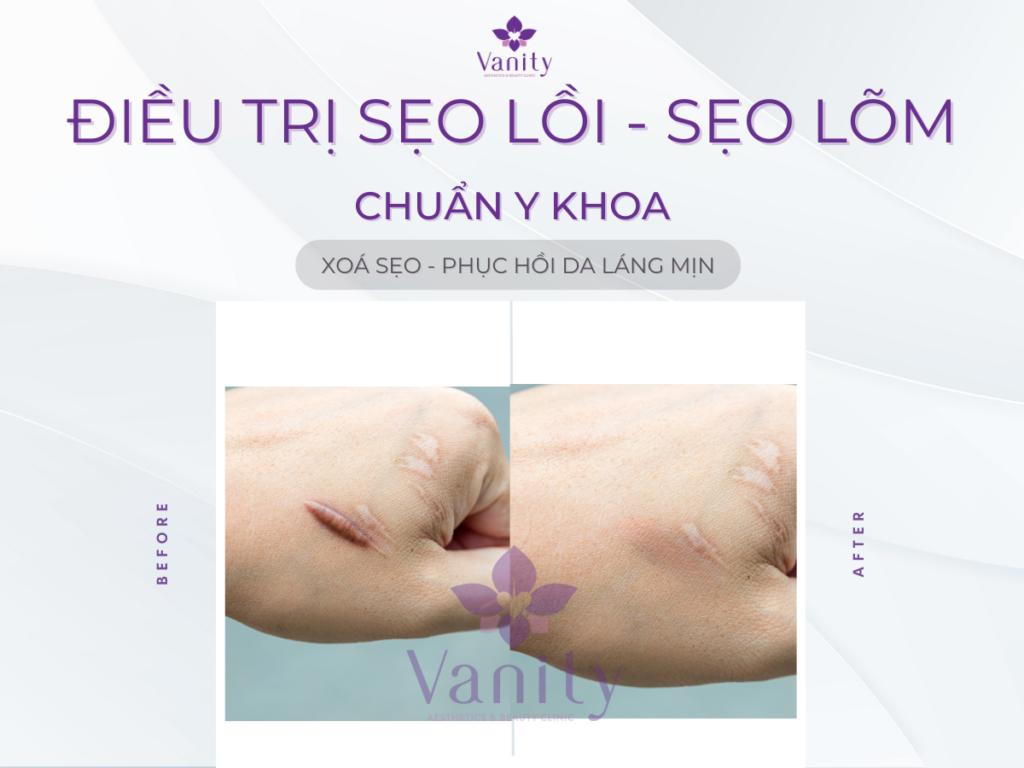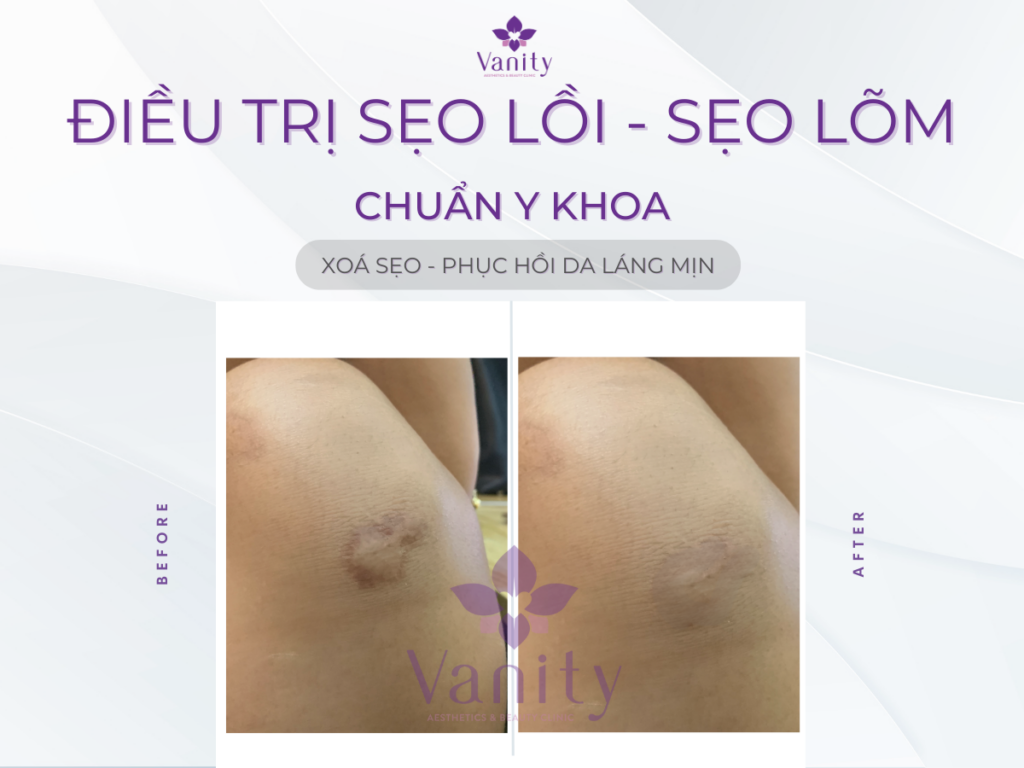Raised and depressed scars result from the excessive growth or degeneration of collagen fibers in the skin. These scars negatively impact appearance and have adverse effects on the quality of life. The scar treatment methods at Vanity are performed by the first Vietnamese doctor certified to practice in the United Kingdom, and Vanity takes pride in successfully treating over 10,000 cases.




